JERUSALEM — Among the children in the Gaza Strip who have survived nearly 11 months of war is a new generation of orphans and amputees. And then, there’s 8-year-old Sama.
Though she still has both her parents and all her limbs, Sama Tabeel has lost almost all of her hair due to the unbearable stress of the war. “I am terrified of the shelling,” she tells NBC News from a camp in Khan Younis. She covers her bald head with a pink bandana she rarely takes off and passes time by playing with a doll whose hair she can braid, while longing for her own.
Sama’s mother watches with a heavy heart as her daughter sobs during much of the interview. “Sama was exposed to horror, fear and panic,” Olfat Tabeel, 33, said.
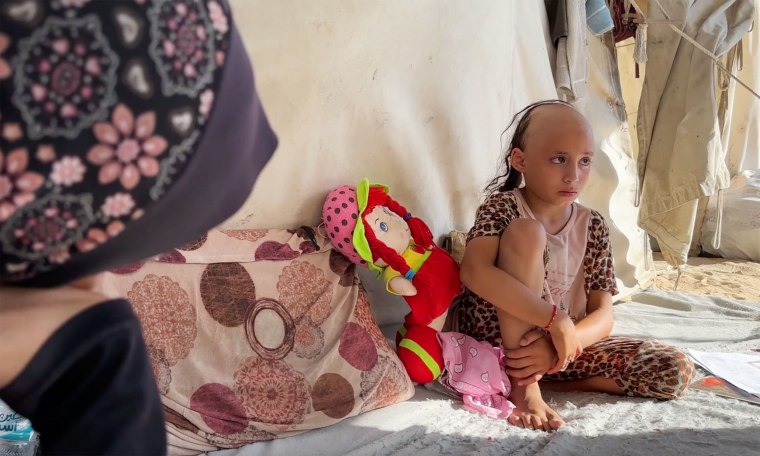
One night, they were woken up by the sound of shelling over their tent in Rafah, Tabeel said. They escaped, running to a hospital, where they were bombed again. Two or three days later, she said, “my daughter was combing her hair, and she told me, ‘Look, Mom.’”
Some doctors thought Sama might have alopecia, but her hair had fallen out all at once, not slowly. Another doctor gave her medicine, but the side effects were too strong for an 8-year-old. Another suggested that Sama would need a scalp analysis, “but this kind of test doesn’t exist in Gaza,” Tabeel said.
And the real cure may require things that are even more elusive in Gaza: “More than one doctor told us it’s a psychological state and fear,” Tabeel said, “and she needs vitamins and healthy food.”
Sama, Tabeel said, was not like her other daughter. She loved her hair. “Before the war, she stood by the mirror, constantly combing, saying, ‘Mom, do a hairstyle for me,’” Tabeel said. “She used to drive me crazy with hairstyles; she would do three or four hairstyles daily.”
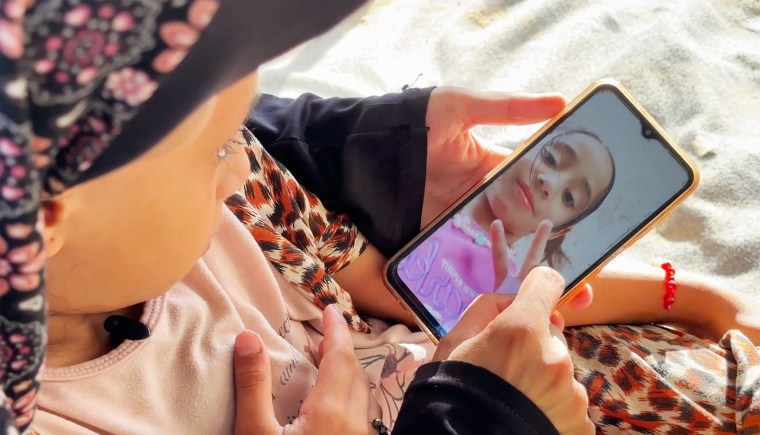
Now, Tabeel said, “I often wake up in the morning to find my daughter holding the mirror and screaming, screaming.”
Sama has stopped playing with other children who have bullied her for being bald. Her sister stays by her side, wearing a bandana in solidarity.
Tabeel said that when they ran from the shelling, Sama was shaking in fear, screaming that she didn’t want to die. “But now Sama is telling me, ‘Mom, I want to die.’”
According to a March report by Save the Children, months of violence, displacement, starvation and disease have caused relentless mental harm to children in Gaza. Children lost their appetites, or started wetting the bed. Others stopped speaking. Before the war, some had wanted to be doctors or teachers when they grew up, but their dreams had shrunk to the limited hopes of conflict, like driving a donkey cart to deliver aid.
In 2022, Save the Children found that the 15-year air, land and sea blockade imposed by Israel on the enclave already had a devastating impact: 55% of Gaza’s children had suicidal thoughts, a situation that has only been worsened by the war.
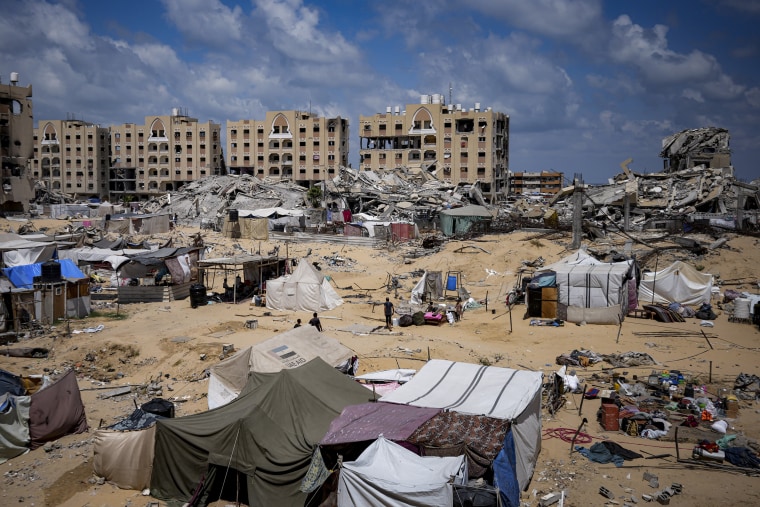
According to local health authorities, more than 40,000 people, including thousands of children, have been killed in Gaza since the war began on Oct. 7, when Hamas attacked southern Israel. About 1200 were killed, 790 of them civilians, and about 240 kidnapped, according to Israeli authorities.
Tabeel says Sama is psychologically broken, and there’s little sign that she will know safety soon. A few days ago, she said there was extensive shelling near their tent, and Sama woke up terrified, asking to be held, “so I hugged her and put her to sleep.”
“Our home is gone, my grandfather is gone, and my aunt is gone, and I lost my hair, and I am afraid to lose one of my siblings, my brother, my sister, my mother, my father; I am scared to lose one of my siblings,” Sama said.
“She needs psychological stability,” Tabeel said. “Her mental state is destroyed.”
Sama dreams of going back to their home in northern Gaza one day, to sift through its rubble. “I want to dig to look for my toys, and the teacher’s gifts, and my dresses,” she said.
And she hopes that her hair will grow back in time for her ninth birthday in October, almost a year to the day the war began.
If you or someone you know is at risk of suicide, please call the National Suicide Prevention Lifeline at 800-273-8255, text TALK to 741741 or visit SpeakingOfSuicide.com/resources for additional resources.

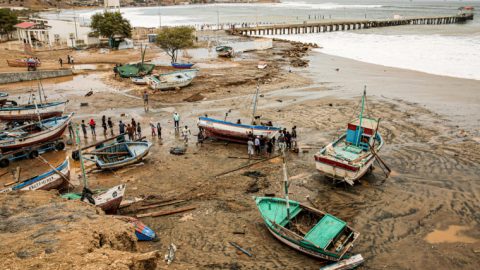
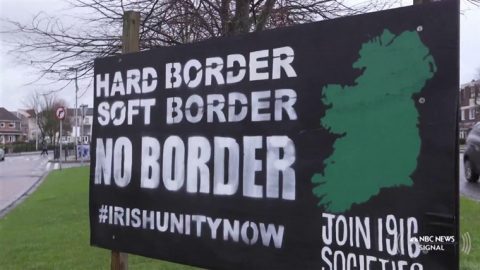
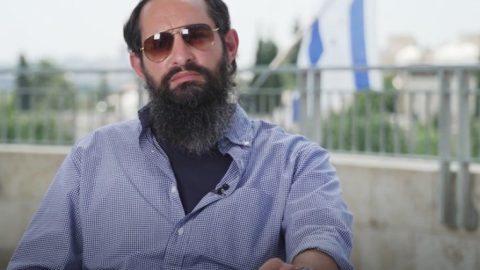
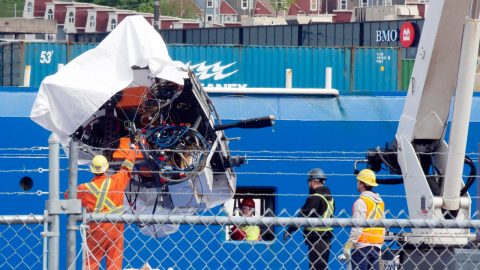

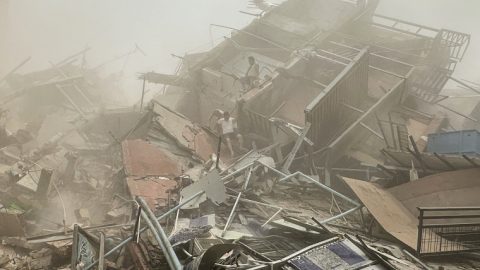
Recent Comments